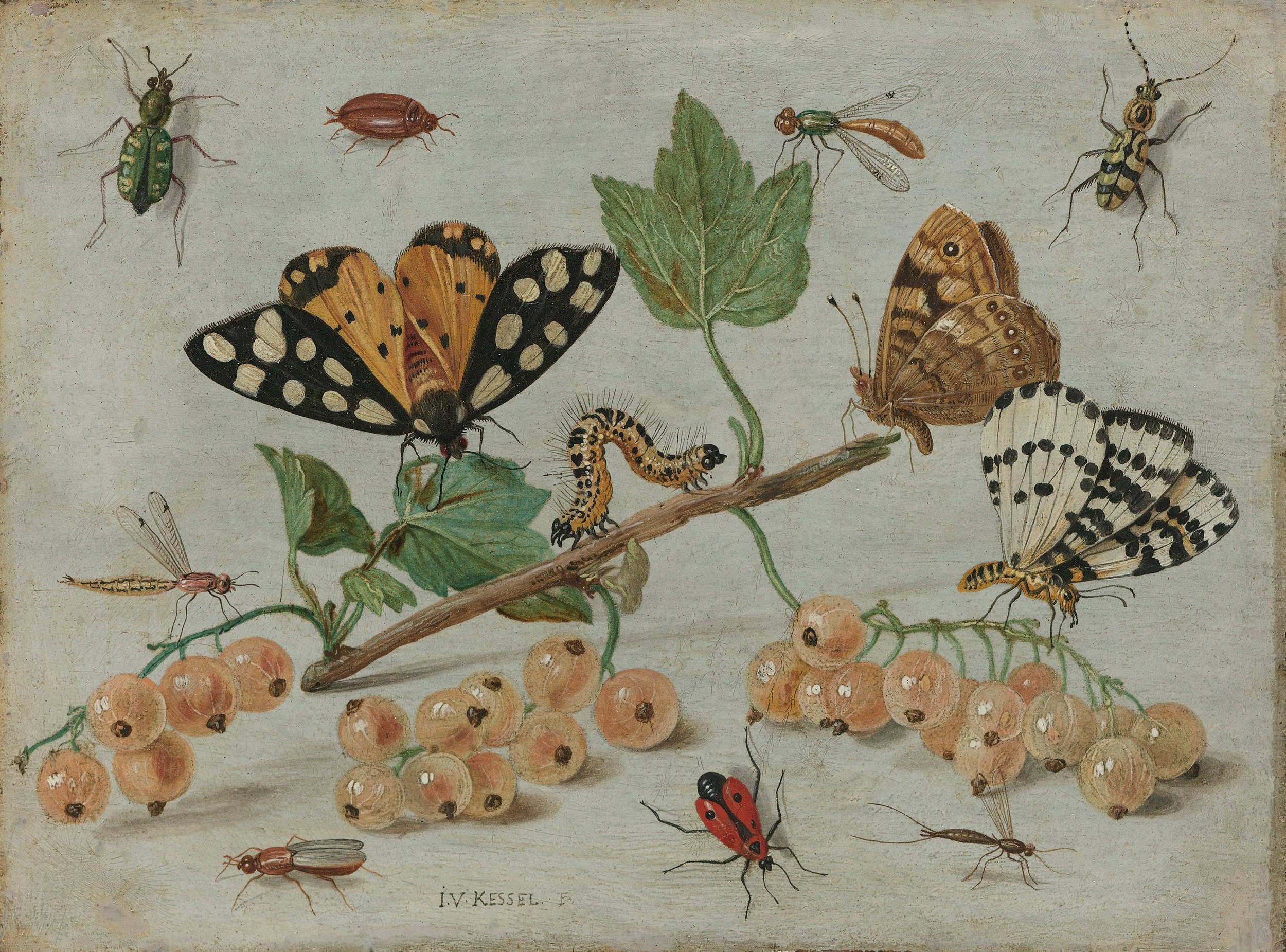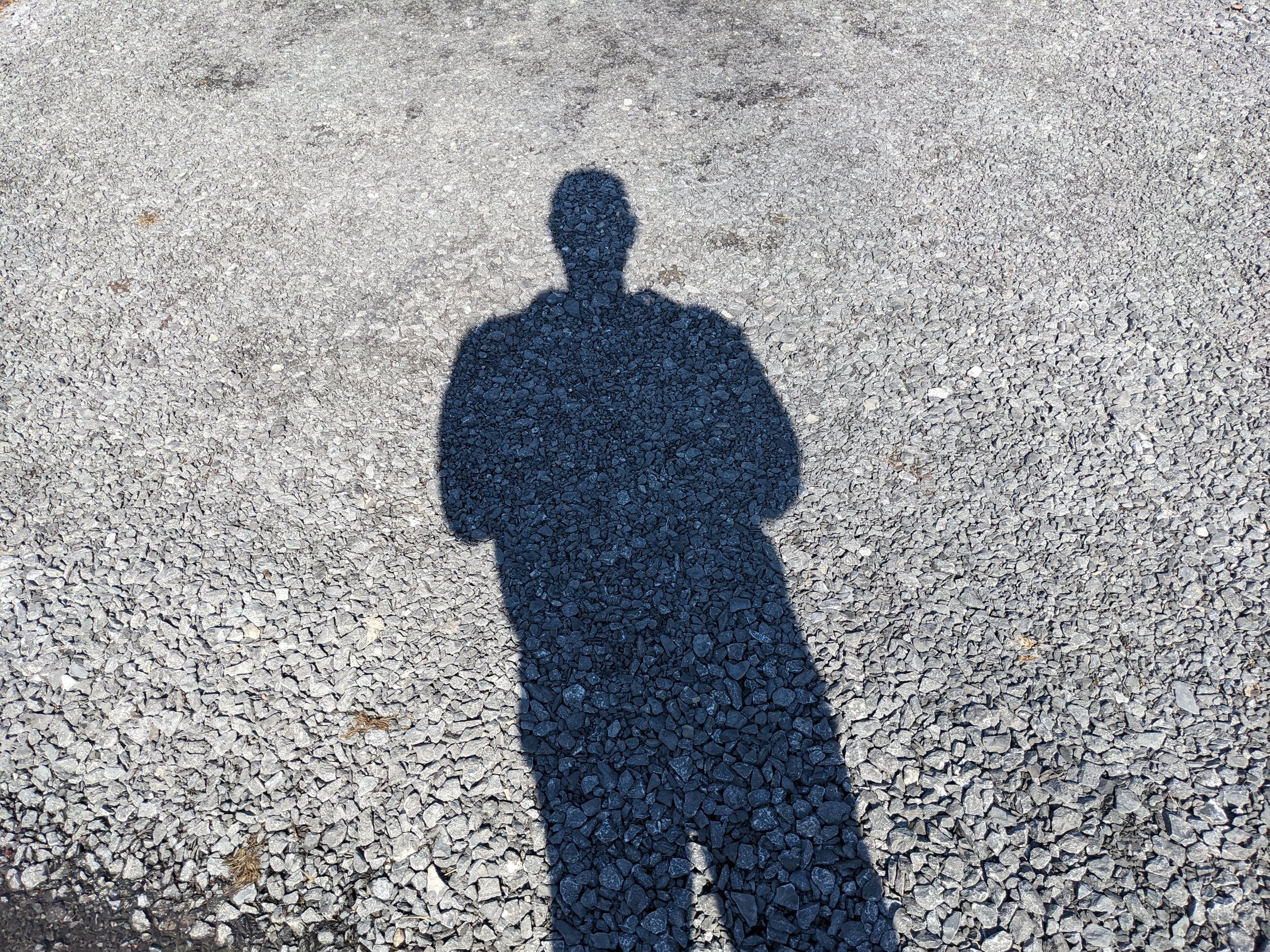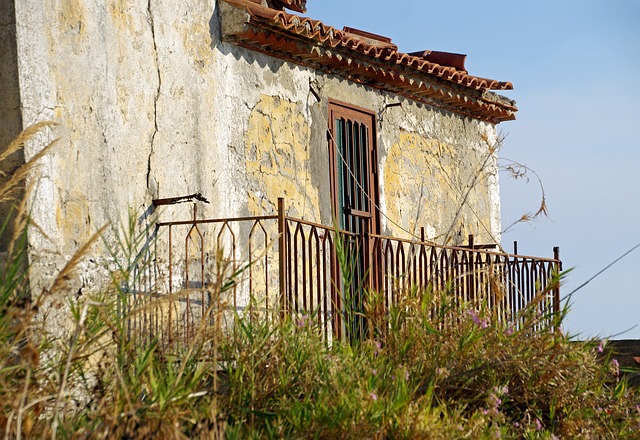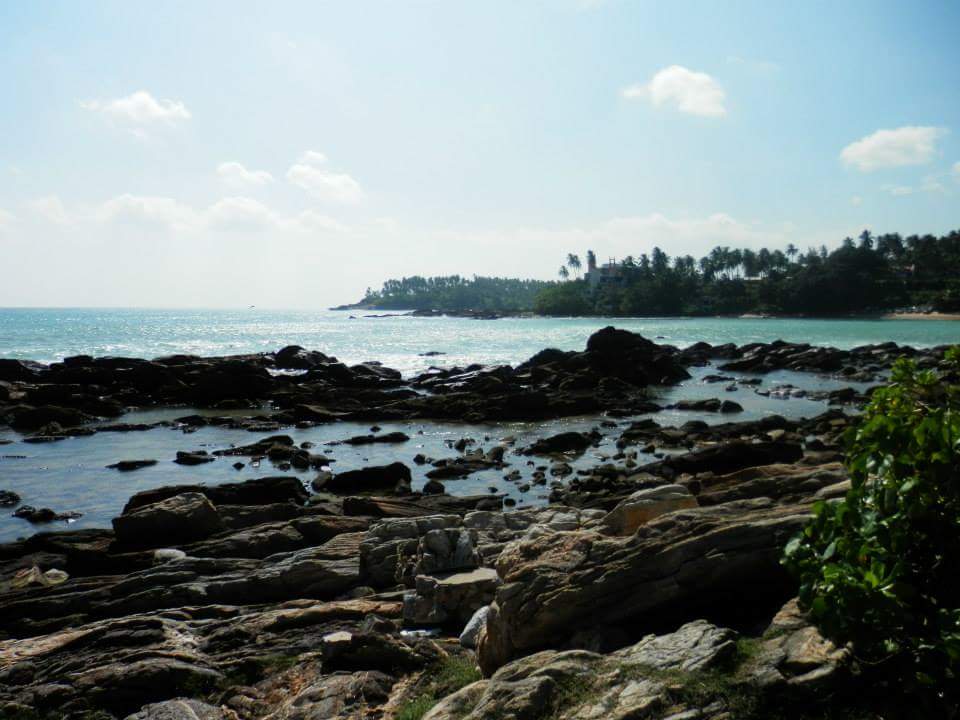Pajogan

PAJOGAN
Anishinaabemowin, noun.
Dick.
The front bumper surged toward the little Fiat in front of us—angry red, defiantly rusty—then lagged back. The man driving next to me, king of the cruise control, superbly indifferent to the pulse and surge of the traffic on Highway 401. This was Toronto. The driving was ugly. I closed my eyes, a flincher, used to the shufflepace of smaller places.
He laughed. I pulled my eyes open. "What?"
His laugh beat its wings, a bird against the windshield glass. The song of it slow in the speed, in the arterial bounce of a BMW merging sharply from the right. "What?" I said, again. Annoyed.
"Look at the plate. To our left. The black pickup," he said.
He slowed, fell behind the pickup's rear fender. A blue-on-white plate, the letters PJAAGN spelled out under the word Ontario and over Elizabeth's crown.
"So? What's it mean?"
He knew a lot more Anishinaabemowin, the Ojibway language, than he'd ever let on. A language he'd learned from old men who spoke but didn't write, a language standardized to the Latin alphabet within the last few generations. Old speakers, first speakers, didn't trouble much with the spelling of invading letters.
Him, still laughing. "Pajogan," he said. "Means dick."
“Indigenous children were taken from their mothers’ tongues and poured into residential schools. Places for breaking nations, places for breaking language.”
"Oh," I said, smiling now. The truck sped up, leaving us three, then four cars behind. "Catch up," I said to him. "I want to see who's driving."
The Ontario Ministry of Transportation issues license plates to drivers in the most populous province in Canada. A standard plate for a passenger vehicle—four letters and three numbers—costs $59. For another $251, you can spell out almost anything you want in two to eight characters. But the Ministry weigh the fee-collecting impulse against the public decency impulse. Some words are off limits. Reference to "sexual and eliminatory functions," non-state violence, and the use of drugs for fun are disallowed, as is anything impugning the dignity of the clergy, political figures, or trademark. In fact, no jab at anyone's "[h]uman rights," expressing "contempt, ridicule or superiority of race, religion, ethnic origin, ancestry, place of origin, citizenship, creed, color" are tolerated in the "known offensive slang" of "any language, text-messaging language, etc."
What offensive slang is "known"? Officially, Canada serves a bilingual population: English speakers and French speakers. Thus "any language" means, in practice, any of the two in which Her Majesty's civil servants are—at least, notionally—proficient. Unofficially, however, nearly half of Toronto, the largest city in Ontario, speaks something other than French or English as a first language. To the committee within the Ministry who sit down once a week to vet vanity plate applications, whole worlds of morphemic possibilities in Russian and Tagalog, Mandarin and Arabic and Portuguese are accessible only through the portal of Google. But rules are rules, and the MTO website is firm: no one can code switch his or her way around us. No T33NTWT in Tamil, no FCKD011 in Farsi. This is Canada. We're multiculturalists. And we're on to you.
But PJAAGN spells a word in Anishinaabemowin. Not a signal of Canada's cosmopolitanism, but of its genocide—a remainder of the hundreds of Indigenous languages that, as a matter of federal policy, were to have been extirpated by the end of the 20th century. Indigenous children were taken from their mothers' tongues and poured into residential schools. Places for breaking nations, places for breaking language. All the muscle and heart of Anishinaabemowin and Kanyen'kéha, of Lenni Lenape and Cree were fed into its meat grinder at one end, and the cased sausage of servitor English—the boys were trained to be farmhands; the girls, maids—emerged at the other. That there should be any escapees, any survivor words cheeked and held and used in the public space of a traffic jam is a possibility unacknowledged by the Ontario Ministry of Transportation.
The man driving next to me put his foot down hard on the gas, and we pulled even with the black truck. Sleek but dirty, new but dented deep, the truck was expensive. Extended cab, a plush plastic bed liner. Four feet above us, a woman drove it. Dark hair, the waterglint of moving eyes. A face made of planes and ovals. She leaned forward, she drove fierce. Not scared of the traffic, like I was. I envied her grace, her rage banked, detached and somewhere deep in the stream of her own thinking. She drove the truck like it belonged to a man who'd pissed her off. Maybe a brother, maybe her dad. Maybe a lover, a husband, someone a woman from Wikwemikong or Curve Lake would call her "old man". Whatever he'd done to her, she was taking it out on his transmission. His brake pads, his engine smoking oil. Driving the car like a knife into rotten wood. "Here," I could hear her say, voice snapped flat, the tink of his keys in her hand. "Here's your pajogan back," she'd say when she was done with his truck and his plate.
“The woman barreled the pickup ahead—a woman with places to be, even if those places were only away from this one.”
But she'd leave the dignity of the plate's subversion intact. PJAAGN, still a dangler raised, not a middle finger but a literal fuck you, a small sin stood up against bureaucracy and linguicide. A good, hard laugh at an enemy. The Ministry's functionaries are not now schooled to think in terms of dicks and cunts and tits when they consider Canada's Indigenous languages. Canada, Toronto, Ontario—kaná:ta, tsi tkarontote, onyatarí:yo—all words in Kanyen'kéha, what's still called the Mohawk language, solemnly translated as "village," "place of the standing trees," and "beautiful lake." Sweeping, respectable, the place names and the land neatly subsumed together into Canada's self-lore. The fiction holds, as long as no one translates. Google's no help here. The only hit a search for "pajogan" yields comes from the Urban Dictionary. The entry's author correctly defines it as "dick," but then comments that the word "originated among the Mohawks but it seems all Indians are aware of the term." Wrong on both counts. There's no /p/ sound in Kanyen'kéha, and my first encounter with pajogan came racing a license plate in bad traffic.
The woman barreled the pickup ahead, riding a delivery truck's bumper, pulling hard into our lane five, six cars ahead of us. A woman with places to be, even if those places were only away from this one. The language of her license plate—hers for now, hers for however long she took to beat that truck into surrender—telling a long story in two words. Ontario numerator over pajogan denominator. This formula, the division of language from fractured people and fractioned land, was stamped into aluminum for anyone's reading. For its absence in most reading minds, no word's equivalent. In the burning metal pulse of the 401, she surged, and ran, and was gone. The man beside me, still cruising, still laughing softly.
ABOUT THE AUTHOR
Amber Meadow Adams's short fiction has appeared in The Tangled Web and Quarto. She holds a PhD in Indigenous Studies, and is currently at work on her first novel.
Header photo by Bruno Bergher.
Amber Meadow Adams’s short fiction has appeared in The Tangled Web and Quarto. She holds a PhD in Indigenous Studies, and is currently at work on her first novel.










